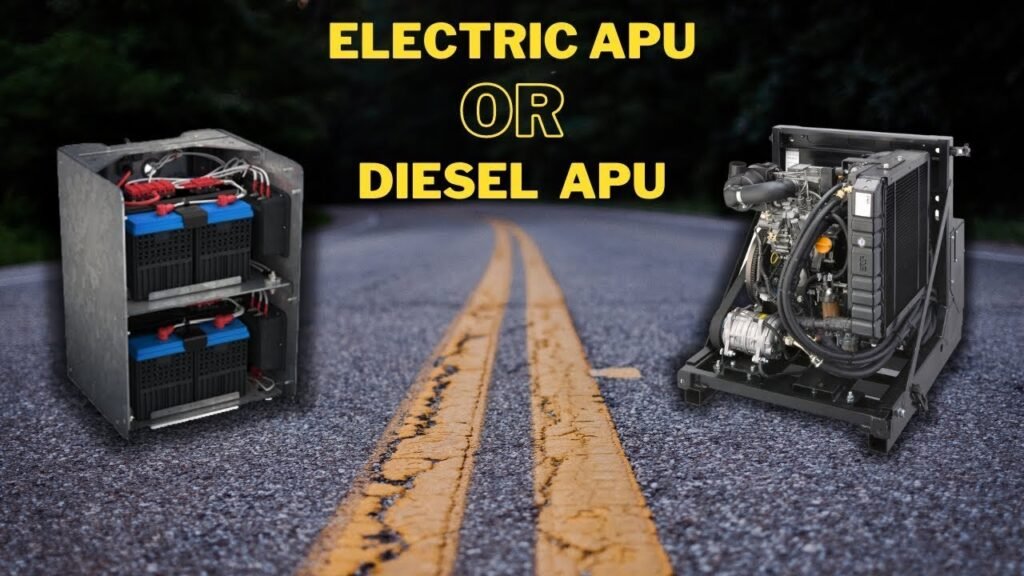Comparing Efficiency of Diesel APU and Electric APU
When it comes to determining the efficiency of auxiliary power units (APUs) for vehicles, two primary options are commonly available: diesel APUs and electric APUs. These units are designed to provide power to the various systems in a vehicle when the main engine is turned off, such as during rest periods or when parked. However, understanding the differences in fuel consumption, environmental impact, and energy efficiency is crucial when deciding which APU is most suitable for your needs. In this article, we will delve into these factors to help you make an informed decision.
Analyzing Fuel Consumption and Environmental Impact
One of the primary considerations when comparing the efficiency of diesel APUs and electric APUs is fuel consumption and its associated environmental impact. Diesel APUs rely on burning diesel fuel to generate electricity, resulting in direct emissions of carbon dioxide (CO2) and other pollutants. On the other hand, electric APUs utilize batteries or renewable energy sources, such as solar power, to provide the necessary power. This makes electric APUs a cleaner alternative, as they do not produce any emissions during operation. In terms of fuel consumption, electric APUs also have an advantage, as they do not require continuous refueling like diesel APUs, which need to be regularly supplied with diesel fuel.
Assessing Energy Efficiency and Power Output
Another crucial aspect to consider when comparing diesel APUs and electric APUs is energy efficiency and power output. Diesel APUs are known for their high power output, making them suitable for heavy-duty applications where a significant amount of power is required. However, this high power output comes at the expense of energy efficiency. Diesel APUs have a lower overall energy efficiency due to the energy lost in the combustion process and the additional energy required to cool the engine. On the other hand, electric APUs have a higher energy efficiency as they convert stored energy directly into electrical power without the need for combustion. However, electric APUs may have limitations in terms of power output, especially for applications that require a substantial amount of power.
Choosing the Optimal APU for your Needs
When determining the efficiency of APUs, weighing the factors of fuel consumption, environmental impact, energy efficiency, and power output is essential. If reducing emissions and fuel consumption are top priorities, then electric APUs offer clear advantages. They are environmentally friendly and do not require the continuous supply of diesel fuel. However, for applications that demand high power output, diesel APUs may still be the preferred choice due to their ability to provide a significant amount of power. Ultimately, the choice between diesel APUs and electric APUs depends on the specific requirements of your vehicle and the balance between power needs and environmental concerns. By carefully assessing these factors, you can choose the optimal APU that best suits your needs.

